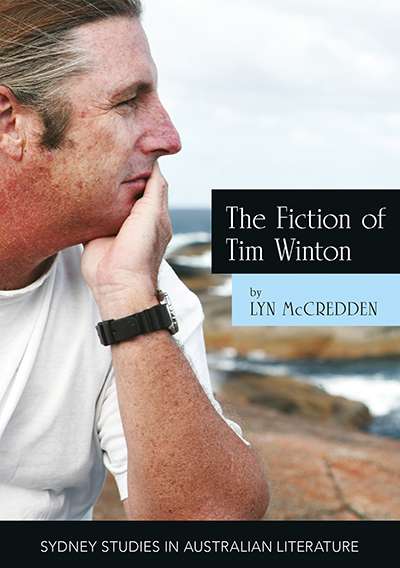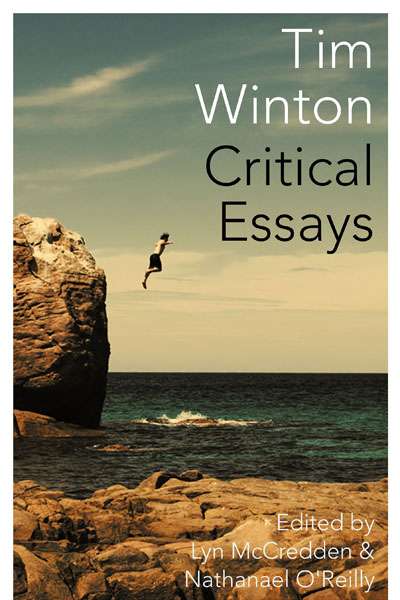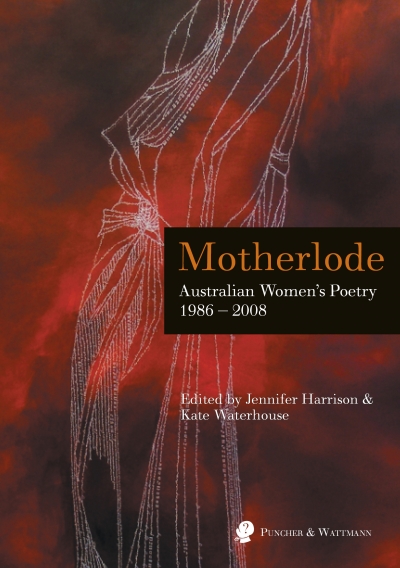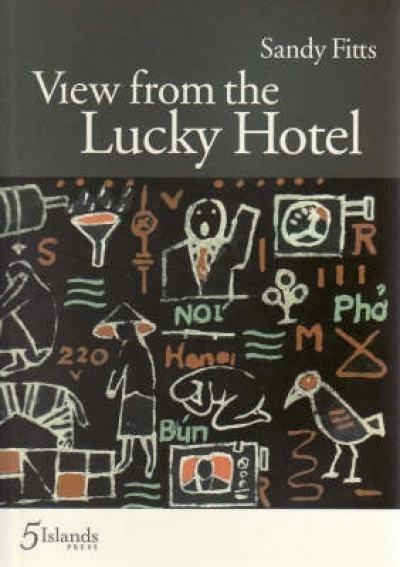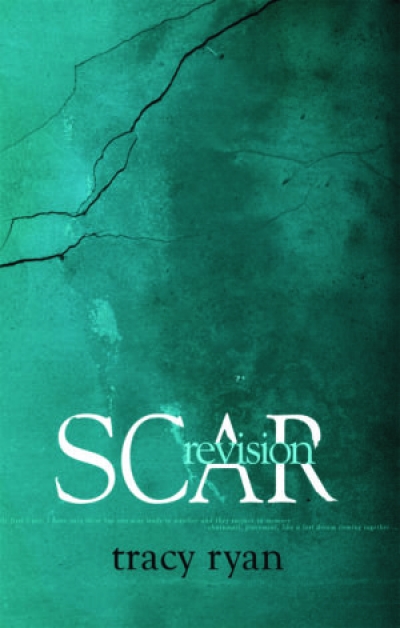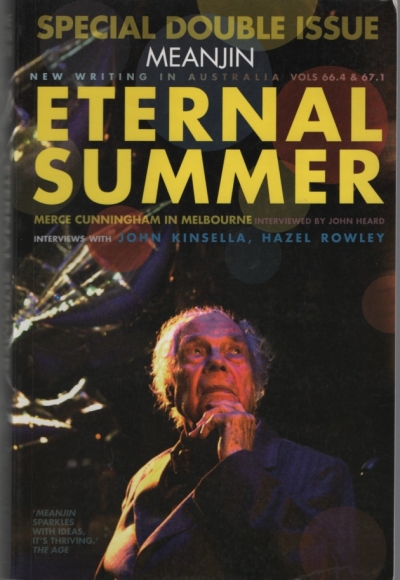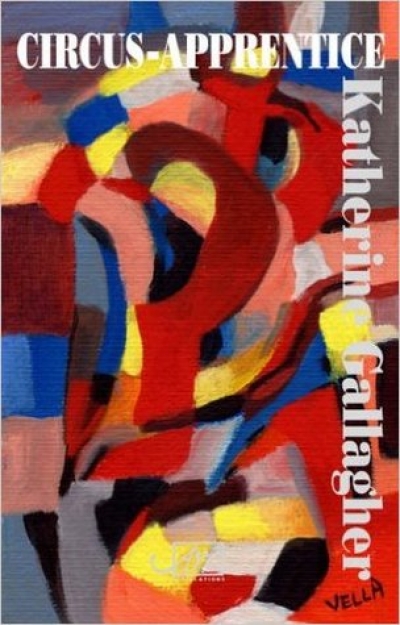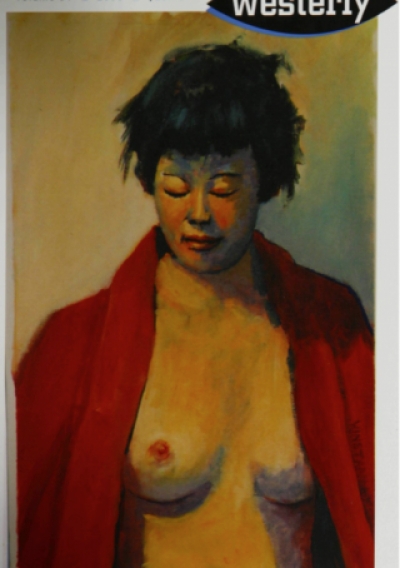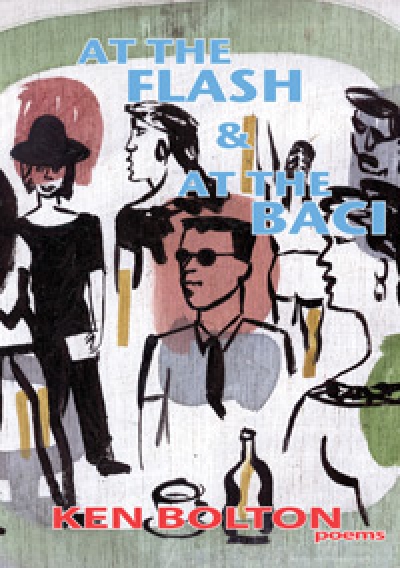Lyn McCredden
The Fiction of Tim Winton: Earthed and sacred by Lyn McCredden
by Tony Hughes-d'Aeth •
Tim Winton: Critical Essays edited by Lyn McCredden and Nathanael O’Reilly
by Delys Bird •
Motherlode: Australian Women’s Poetry 1986 – 2008 by Jennifer Harrison and Kate Waterhouse
by Lyn McCredden •
Meanjin, Vol. 66, No. 4 & Vol. 67, No. 1 edited by Ian Britain & Griffith Review 20 edited by Julianne Schultz
by Lyn McCredden •
Meanjin vol. 66, no. 2 edited by Ian Britain & Griffith Review 17 edited by Julianne Schultz
by Lyn McCredden •
Westerly edited by Delys Bird and Dennis Haskell & HEAT edited by Ivor Indyk
by Lyn McCredden •

